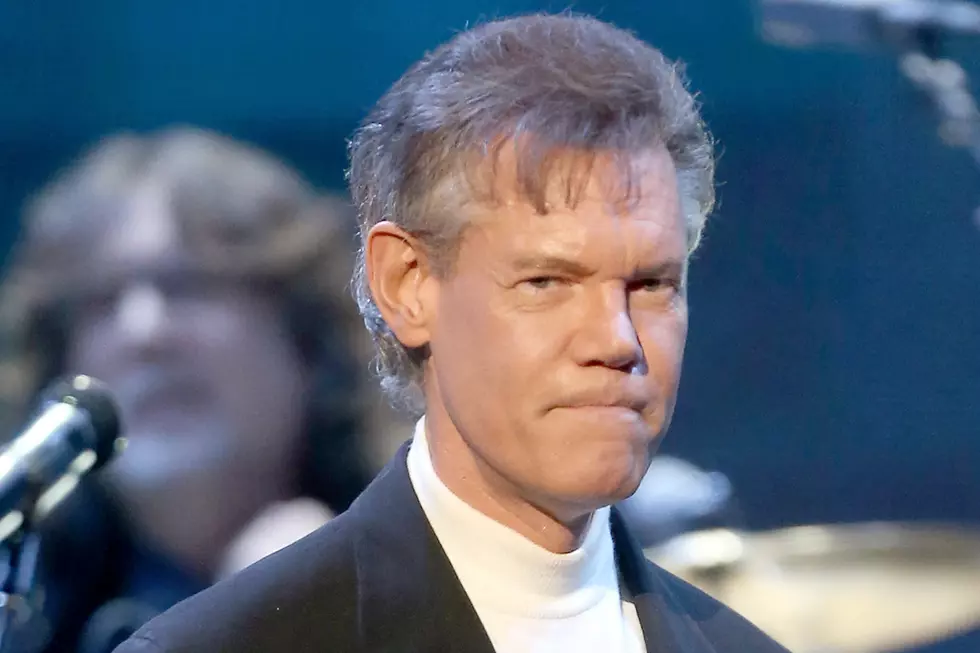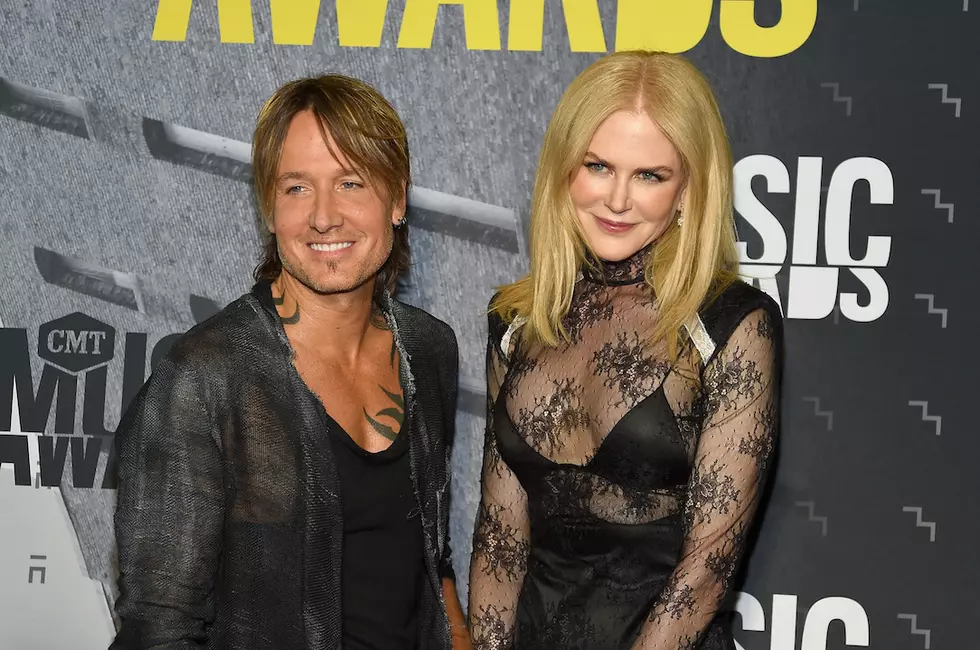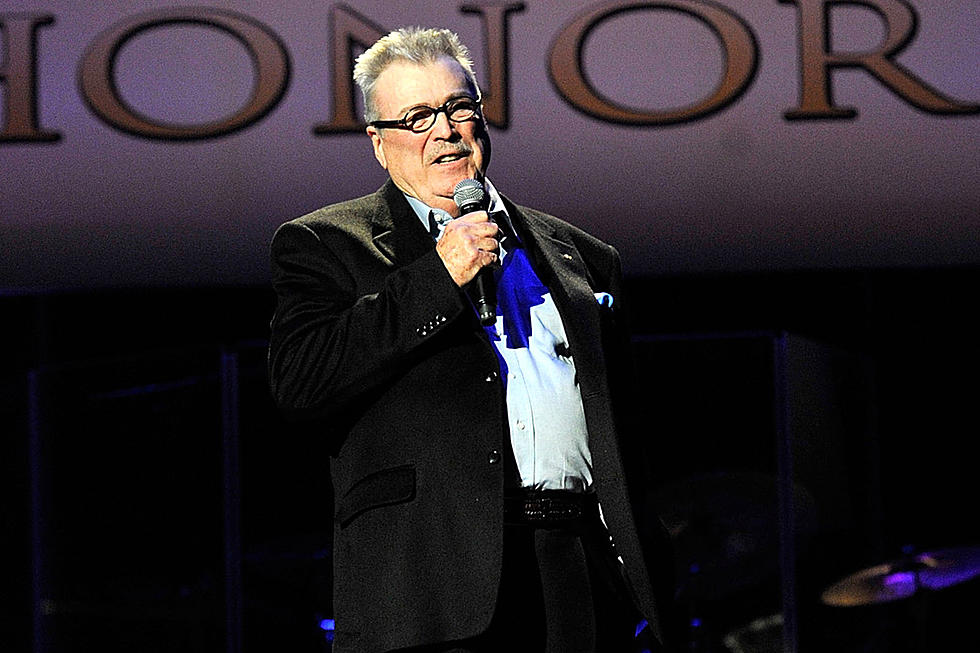
Supreme Court Declines to Block Release of Randy Travis DWI Arrest Video
The Texas Supreme Court has declined Randy Travis' appeal to a prior court ruling that the dashcam video of his 2012 arrest for DWI should be made public.
The court's decision on Friday (June 9) lets a 2016 ruling by the Austin-based 3rd Court of Appeals stand, the American-Statesman reports. That prior ruling found that the dashboard camera video is a public record and must be released.
Lawyers for the Country Music Hall of Famer had appealed to the Supreme Court to reverse the ruling, claiming it infringes on the right to privacy of people with mental health and medical issues.
Travis was arrested on Aug. 7, 2012, in Tioga, Texas, after police responded to the scene of a one-car accident and found him intoxicated and incoherent. The country legend was also charged with retaliation and obstruction after he allegedly “verbally threatened” one of the responding officers.
Nastiest Lawsuit in Country Music
He was reportedly naked at the time of his arrest, which took place just before midnight. The singer agreed to a plea bargain in which he pleaded guilty to driving while intoxicated in exchange for the retaliation and obstruction charges being dropped.
Requests were made for his arrest video under the Freedom of Information Act, and Travis filed suit to prevent the video from going public, but a judge sided with then-Attorney General Greg Abbott’s office, which stated the video was a matter of public interest. Travis then appealed to the 3rd Court of Appeals, and when that did not work his lawyers took their case to the Supreme Court, arguing that the video shows Travis' medical and mental conditions and should remain private under Texas state law's medical exemptions.
"The public may be entitled to know that he broke the law, but it is not entitled to gloat over his mental breakdown and embarrassing condition," Travis’ lawyers argued to the Supreme Court, according to the American-Statesman.
Travis has since suffered a stroke, and his lawyers further argued that he can no longer speak to defend himself or explain what happened, saying, "The judgment permits the release of information at a patently unfair time, and a patently unfair manner."
Friday's ruling rejects those claims and allows the video of Travis' arrest to become public.
Country Stars Who've Suffered Tragedy
More From Kicks 105










